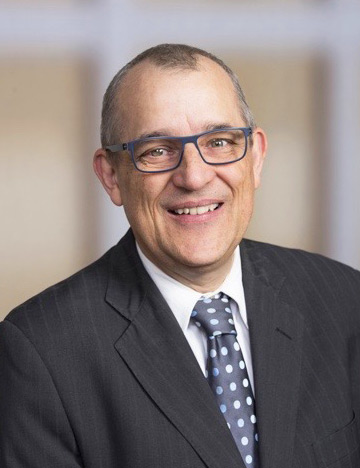Expert Failure, Faulty Forensics, and Fake News

The humble idea that experts are ordinary human beings leads to surprising conclusions about how to get the best possible expert advice. All too often, experts have monopoly power because of licensing restrictions or because they are government bureaucrats protected from both competition and the consequences of their decisions. This book argues that, in the market for expert opinion, we need real competition in which rival experts may have different opinions and new experts are free to enter. But the idea of breaking up expert monopolies has far-reaching implications for public administration, forensic science, research science, economics, America's military-industrial complex, and all domains of expert knowledge. Roger Koppl develops a theory of experts and expert failure, and uses a wide range of examples — from forensic science to fashion — to explain the applications of his theory, including state regulation of economic activity.
About the speaker
Roger Koppl is professor of finance in the Whitman School of Management of Syracuse University and a faculty fellow in the University’s Forensic and National Security Sciences Institute. Koppl’s research interests include the economic theory of experts, the theory of economic growth, complexity theory, and the production and distribution of knowledge in society. His work on forensic science reform has been featured in Forbes magazine, The Washington Post, The Atlantic, Reason magazine, Slate, The Huffington Post, and other outlets.